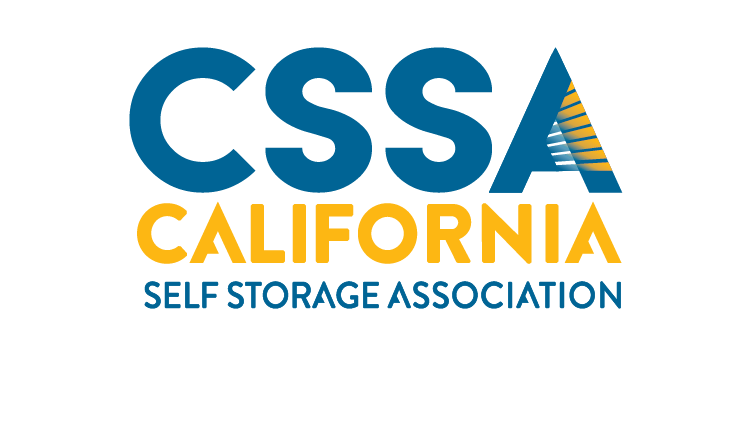Menu
Log in
Legislative & Legal Alerts
With the daunting amount of news and information coming at you constantly it is impossible for any one person to keep up. Our team curates and alerts you to the "must have” information to ensure you are in the know. Having relevant, current information helps you to make the best decisions possible.
Contact UsCalifornia Self Storage Association P: 888-CSSA-207 or 888-277-2207 | Upcoming Events
| Get Started TodayWhether you’re an Owner, Operator or Vendor we have a membership that is right for you. |

